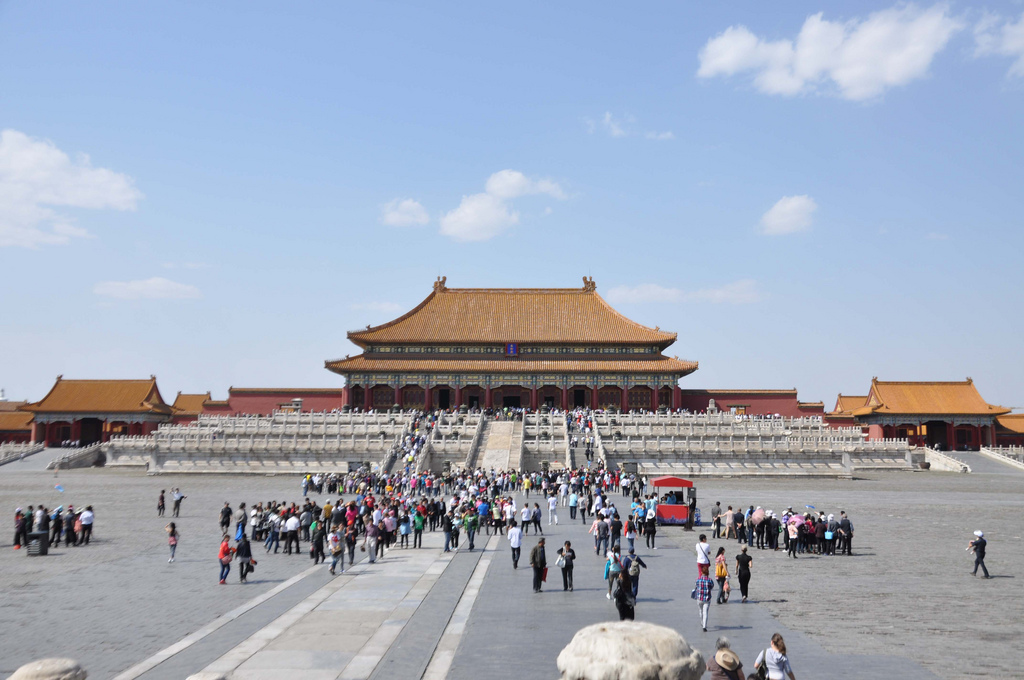The Peninsula
Why Perceptions Matter in Addressing the North Korean Nuclear Crisis

By Troy Stangarone
In the aftermath of Pyongyang’s third nuclear test the official Chinese news agency, Xinhua, issued a story on the needs to address the root causes of North Korea’s nuclear concerns. According to the story in Xinhua:
“At a superficial level, it was Pyongyang that has repeatedly breached UN resolutions and used its nuclear program as a weapon to challenge the world community, which was considered to be unwise and regrettable.
In reality, the DPRK’s defiance was deeply rooted in its strong sense of insecurity after years of confrontation with South Korea, Japan and a militarily more superior United States.
In the eyes of the DPRK, Washington has spared no efforts to contain it and flexed its military muscle time and again by holding joint military drills with South Korea and Japan in the region.
The latest nuclear test is apparently another manifestation of the attempt of a desperate DPRK to keep threat at bay.”
Perceptions matter. If one party misperceives the actions of another, it can lead to policy miscalculation. By trying to play both sides of the issue, China potentially adds to the problem of misperception.
If North Korea’s actions are driven by a shared leadership perception that North Korea is under threat from the United States, South Korea, and Japan rather than by the necessities of internal political dynamics, reaching a resolution to Pyongyang’s nuclear and missile programs is unlikely.
Pyongyang’s prior use of calculated brinksmanship to extract aid from its neighbors would seem to indicate that North Korea’s actions are not wrapped in a perceived threat from the United States, which it no doubt believes to exist, but rather from internal dynamics at play in the transition or a new attempt to elicit aid for the regime.
While joint military drills do have political purpose, they are also a normal function of any group of allies’ preparedness and take place on a regularized basis. Those that have not taken place in regularized fashion have been in response to a provocation by North Korea.
While downplaying perceptions of North Korea’s culpability in its actions may serve immediate purposes, such as lessoning international response to Pyongyang’s actions, it does little to create a narrative that can lead to China’s ultimate policy goal – “for all parties concerned to think and act rationally to create favorable conditions to revive the long-stalled six-party talks and avoid a disastrous fallout” – as creating the environment necessary for a rational solution to the issues at hand requires for all parties to have similar perceptions of the challenges faced.
Troy Stangarone is the Senior Director for Congressional Affairs and Trade for the Korea Economic Institute. The views expressed here are his alone.
Photo from freiheitsfreund’s photostream on flickr Creative Commons.
